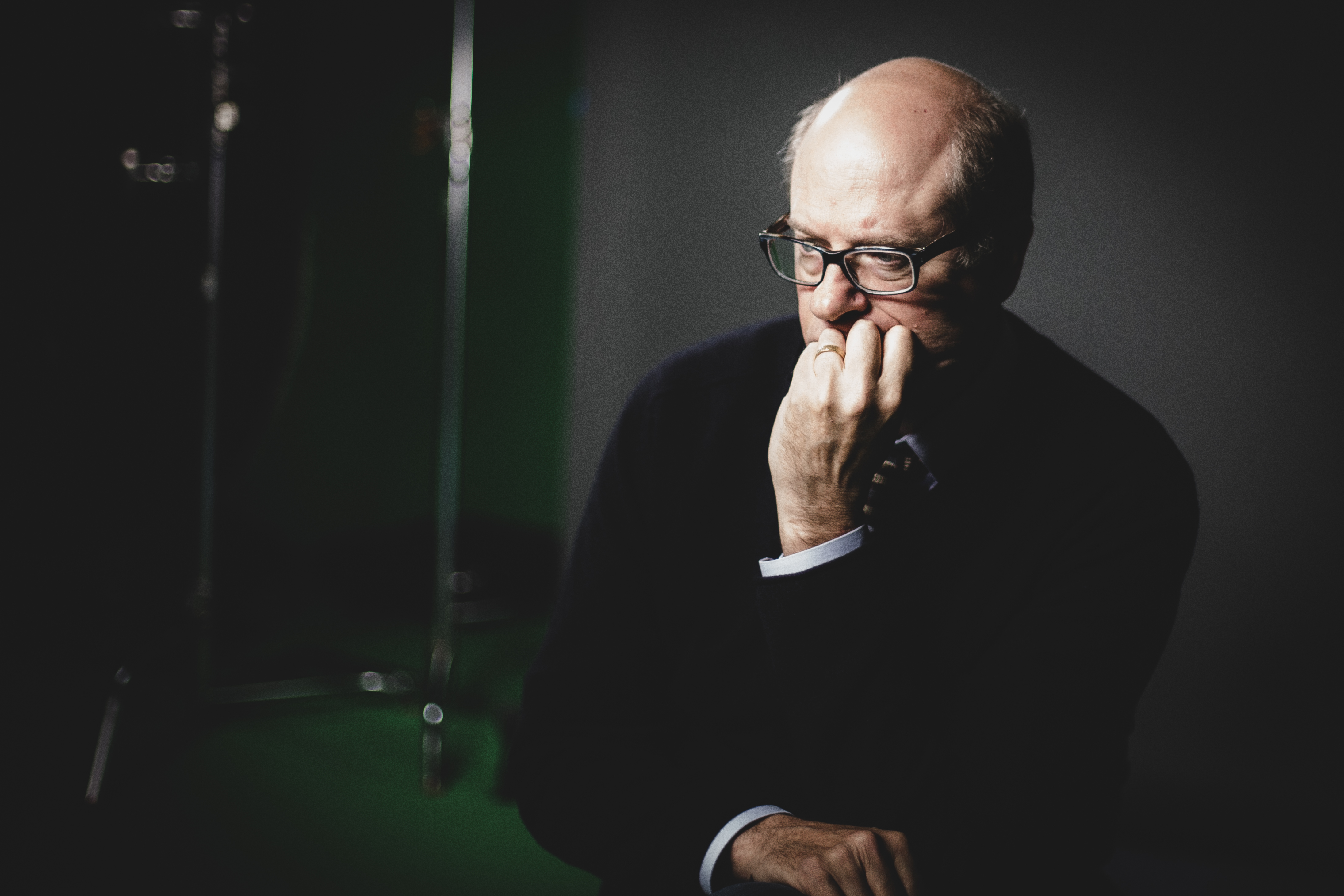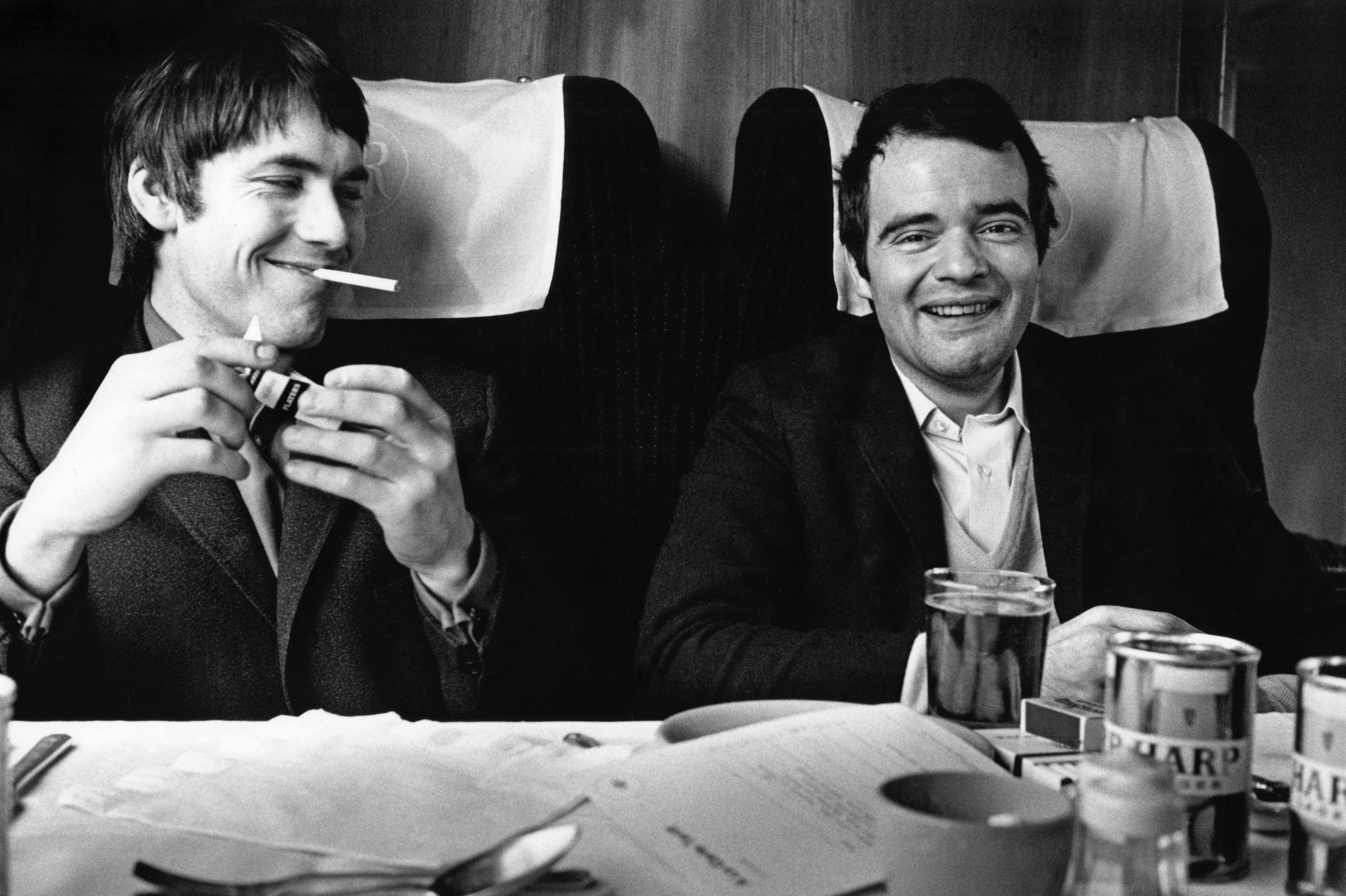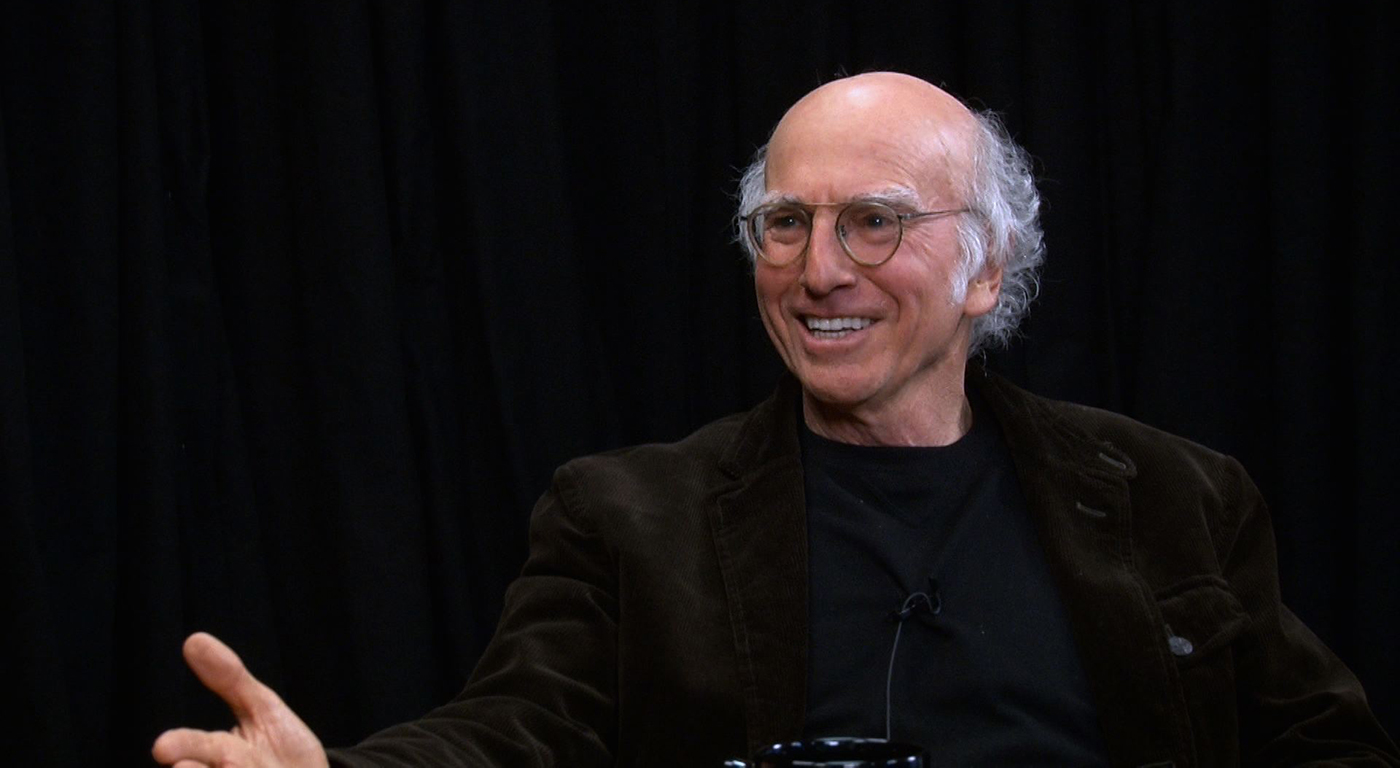THREE SEASONS FOLLOWS five characters through four stories in Saigon, stories that tangentially touch on one another like ephemeral details of a master plan we aren’t privy to. We open on Kien An (Nguyen Ngoc Hiep), a quiet young woman who takes a job picking white lotuses from a pond at the base of a grand temple that is the home of a reclusive monk. Her song stirs him back to life. Hai (Don Duong), a middle-aged cyclo driver who works in the city, falls in love with a beautiful but aloof young prostitute Lan (Zoe Bui) and becomes something of a harmless stalker, staking out her hotels to give her rides home just so he can spend time with her. Woody (Nguyen Huu Duoc) is a young kid in a grimy Woody Woodpecker T-shirt who hawks knick-knacks, cigarettes, and cheap jewelry from a wooden case through streets that seem to suffer nightly downpours of rain. His case is stolen, and he’s banished by his authority figure (father or Fagin, we never know) until he finds his wares. Finally, there is James Hager (Harvey Keitel), an ex-GI who spends his mornings smoking cigarettes, his nights in the bars, and his days searching for the daughter he left behind after the war.
Three Seasons
directed by Tony Bui
starring Don Duong, Harvey Keitel,
Zoe Bui
opens May 7 at Broadway Market
While watching Three Seasons, I was nagged by that sinking feeling that Tony Bui has been watching a lot of Tran Anh Hung. And I mean a lot. Tran, the Vietnamese director who made the lyrical and lush The Scent of Green Papaya and the much harsher and violent Cyclo, offers two visions of life in modern Vietnam through the stories of an orphaned young woman and a desperate pedicab driver. Bui seems determined to match the beauty and rhythms of Papaya, and Three Seasons is indeed as lovely as any film I’ve seen in the past year. But Bui chooses surface prettiness over cinematic grace: For all the lotus ponds and strolling crowds and showers of falling flower petals, his delicately gliding camera can’t overcome the dramatic stasis of his images.
In Cyclo, set on the much more dangerous city streets of Ho Chi Minh City, Tran discovered poetry in the grime, beauty behind the violence, the drama in stories of survival. But here in Three Seasons, we see a child wandering the streets at night without a fear in the world, and the cyclo and the prostitute ride through the inky Saigon night lit up as if in a Hollywood musical; even a blackout only momentarily leaves them in the dark before Bui turns the lights back on with nary an explanation.
Vietnamese-born but American-reared and educated, Bui seems determined to transform modern Siagon into a lost paradise caught between tradition and modernity, where poverty carries no desperation, crime no consequences, and harmless winds and rains sweep the garbage off the streets: It’s Eastern purity through the romanticized haze of a Westerner’s idealization of the exotic. He captures some amazing scenes and gorgeous images, and weaves the tales with an unforced delicacy, but everything comes too easy in this world surprisingly bereft of danger. It’s a nice fairy tale, but it doesn’t offer much of a story.






